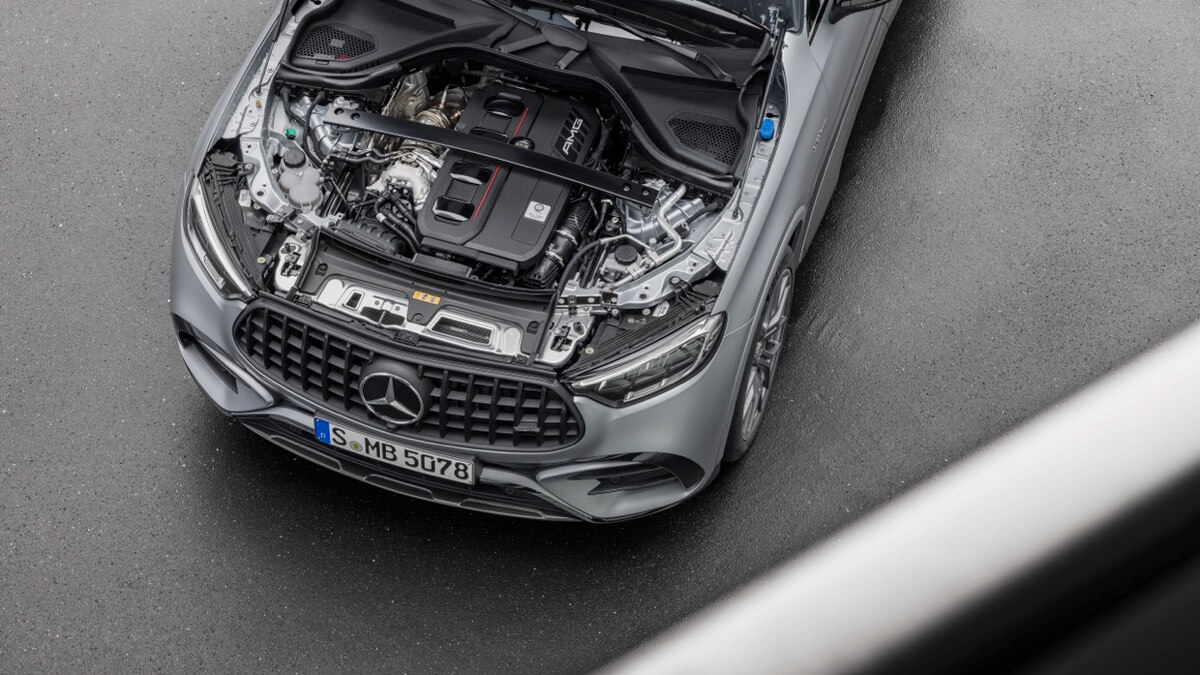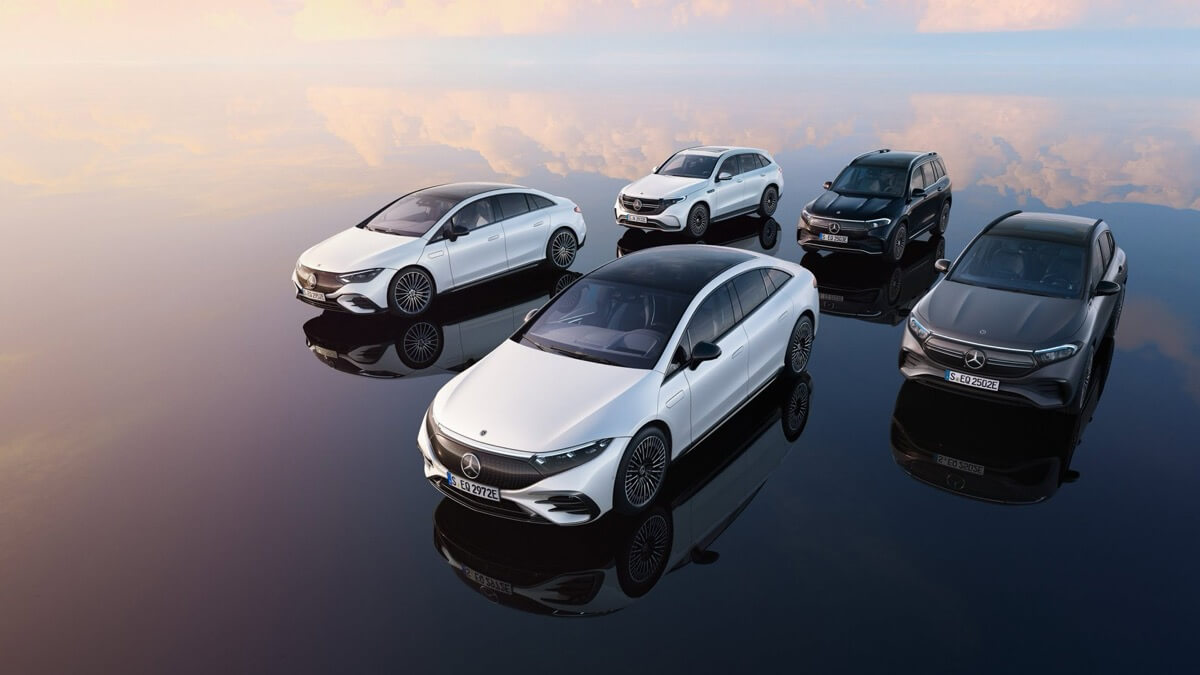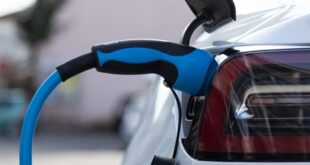With electric vehicle sales down by 31%, Mercedes is rethinking its future, including doubling down on gasoline engines.
Mercedes-Benz is facing a challenging period when it comes to its electric vehicle (EV) sales. In the third quarter of 2024, the manufacturer saw a sharp 31% drop in sales of its battery-electric passenger cars compared to the same period last year. Between July and September, Mercedes sold 42,500 EVs, which is also 7% lower than their Q2 sales. It’s van division didn’t fare any better, with electric van sales falling by the same 31%.
At the group level, which combines car and van sales, Mercedes sold 46,900 electric vehicles in Q3, down 31% from the same time in 2023. This is a big dip, especially considering that just last year, it was selling over 50,000 EVs per quarter.
This decline is particularly concerning for Mercedes, as its main rival, BMW, saw a 10.1% rise in electric vehicle sales during the same period. BMW sold a hefty 103,440 EVs in the third quarter, marking their second consecutive quarter with six-digit EV sales. So far this year, BMW has sold 294,054 electric cars globally, while Mercedes has sold 148,500—a 22% drop year-on-year.

Mercedes’ EV sales struggles have been going on for a while now. Earlier this year, the carmaker admitted that it had been too ambitious with its electrification goals. In response, Mercedes scaled back its plans for 2030 and has even decided to continue investing in internal combustion engine (ICE) development to balance customer demand for both EVs and traditional gasoline-powered cars.
Interestingly, while the battery-electric vehicle sales are down, Mercedes’ plug-in hybrid sales are on the rise. In Q3, it sold 44,700 plug-in hybrids, a 21.4% increase from last year. In fact, plug-in hybrids now make up more than half of Mercedes’ electrified vehicle sales, showing that customers are more interested in these models than in fully electric cars right now.
Despite the EV struggles, Mercedes still managed to deliver 594,600 vehicles globally across all powertrains, which is only 3% lower than its sales from last year. The manufacturer cited a “lower consumption” of luxury goods, particularly in China, as one of the reasons for the lower numbers. On the positive side, Mercedes saw a 29% increase in sales in the U.S., thanks to the improved availability of their GLC combustion model and new AMG models.

However, the low adoption rate of electric vehicles, currently sitting at just 7.9% of Mercedes’ total sales, could pose a problem as the German marque works to meet its CO2 fleet targets by 2025. Mercedes admitted the market for electric vehicles remains challenging, with competitive pricing in key markets making it tough to grow EV sales without heavy discounting. It has been cautious about joining the discount battles in the EV segment, even though it’s costing it sales.
With other automakers like Volkswagen and Volvo also facing similar challenges in their EV sales, Mercedes seems not alone in navigating a rapidly changing and unpredictable market for electric cars. The next few quarters will show whether Mercedes can bounce back or continue to struggle in the EV race.








